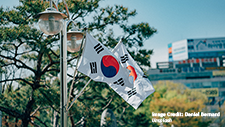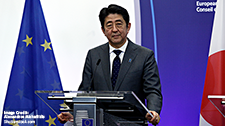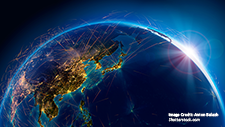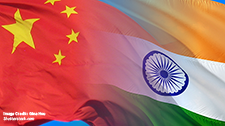Navigating Power in Asia: Insights into Regional Order Japan’s Role as a Middle Power in Asian Diplomacy: An Interview with PROF. KEI KOGA
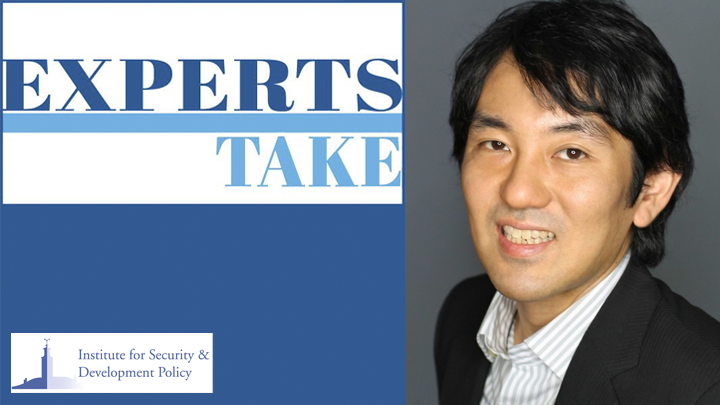
Kei Koga, Lena Fargier and Alexander Droop
Kei Koga is an Associate Professor at the Public Policy and Global Affairs Programme, School of Social Sciences, Nanyang Technological University (NTU). Concurrently, he is a Non-resident Fellow at the National Bureau of Asia Research (NBR) in the United States and a member of the RIPS Research Committee, the Research Institute for Peace and Security (RIPS), Japan. His research focuses on International Security, International/Regional Institutions (particularly ASEAN), and East Asian/Indo-Pacific security.
Previously, he was a Japan Scholar at the Wilson Center in 2022, a visiting fellow at the Center for Strategic and International Studies (CSIS) in 2017, a Japan-U.S. Partnership Fellow at the Research Institute for Peace and Security (RIPS), Tokyo, in 2012-2014; Postdoctoral Fellow in the International Studies Program, The Belfer Center for Science and
International Affairs, Harvard Kennedy School, in 2012-2013; a Vasey Fellow at the Pacific Forum CSIS in 2009–2010; and RSIS-MacArthur visiting associate fellow at S. Rajaratnam School of International Studies (RSIS), NTU in 2010. He received his Ph.D. in International Relations at the Fletcher School of Law and Diplomacy, Tufts University. He has published on topics that include East Asian/Indo-Pacific security, U.S. and Japanese foreign policies, the U.S.-Japan alliance, and ASEAN. His recent publications include “Managing Great Power Politics: ASEAN, Institutional Strategy, and the South China Sea” (Palgrave Macmillan, 2022) and “Tactical Hedging as a coalition-building signal: The Evolution of Quad and AUKUS in the Indo-Pacific” (British Journal of Politics and International Relations, 2024). He spoke to Léna Fargier and Alexander Droop, both Interns at the ISDP’s Stockholm Center for South Asian and Indo-Pacific Affairs.
Related Publications
-
Navigating the Indo-Pacific: How Australia and the EU Can Partner for Peace, Stability, and Prosperity
To navigate the choppy waters of the Indo-Pacific, the EU and Australia must be on the same wavelength regarding shared interests in rules, values, and an open and liberal economic […]
-
South Korea’s Indo-Pacific Strategy: A Ray of Hope or Losing Steam?
In late July, South Korea signed a memorandum on the Trilateral Security Cooperation Framework (TSCF) with the United States and Japan, a first-of-its-kind agreement that seeks to institutionalize trilateral defense […]
-
Strong Europe-Japan Relations are a Legacy of Shinzo Abe
Abe was a firm proponent of strengthening a free, open and rules-based Indo-Pacific. Not only was he steering Japan away from total dependence on the U.S. for its security, but […]
-
Japan: No Indo-Pacific Order Without International Order
In April, Japanese Prime Minister Kishida Fumio, in his address to the joint meeting of the U.S. Congress, made the case for a stronger “global partnership” with the United States as part […]
-
Could India’s relationship with China change under the new Modi government?
As the Indian Prime Minister Narendra Modi forms a new government for the consecutive third time after the BJP-led National Democratic Alliance (NDA) coalition secured a comfortable majority in the […]

